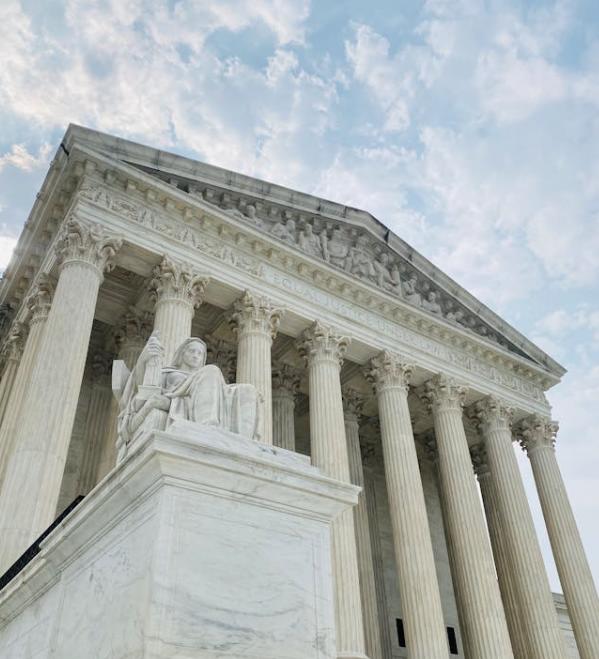
The Supreme Court is diving into one of the most significant securities fraud cases in recent years. Nvidia, the tech giant, faces a class-action lawsuit led by a Swedish investment firm, accusing the company of misleading investors about the revenue it made from cryptocurrency mining. The case has garnered major attention, with accusations that Nvidia used accounting tricks to mask the true nature of its earnings, putting a spotlight on the transparency (or lack thereof) in corporate financial disclosures.
The lawsuit was filed in 2018, and it revolves around Nvidia’s failure to disclose how heavily its revenue relied on selling chips for cryptocurrency mining. The company’s computer chips were in high demand during the cryptocurrency boom, but Nvidia did not clearly report how much of its revenue came from this volatile sector. This omission, the plaintiffs argue, led investors to believe the company’s growth was more stable and diversified than it actually was. Nvidia’s stock price soared as a result, but when cryptocurrency mining demand slowed, so did the company’s revenues, causing significant losses for investors.
Nvidia is fighting back, appealing to the Supreme Court to dismiss the case. The company’s defense hinges on the Private Securities Litigation Reform Act of 1995, which aims to protect companies from frivolous lawsuits. Nvidia claims the accusations do not meet the necessary legal standards to move forward. But during the hearing on November 13, 2024, several justices appeared skeptical of this defense. Justice Elena Kagan’s comment, “It’s less and less clear why we took this case and why you should win it,” signaled that the justices are not easily convinced by Nvidia’s arguments.
This case is not Nvidia’s first brush with controversy over its financial reporting. In 2022, the company paid a $5.5 million fine to settle charges from the Securities and Exchange Commission (SEC) for failing to disclose its revenue from cryptocurrency mining. However, Nvidia did not admit to any wrongdoing as part of that settlement. Now, the company’s ability to defend itself in the Supreme Court is in question, and the legal battle is far from over.
The impact of this case goes beyond Nvidia. A ruling in favor of the plaintiffs could open the floodgates for more securities fraud lawsuits, making it easier for investors to hold companies accountable for not disclosing key financial information. If companies are found guilty of misleading investors, the precedent set by this case could lead to more transparency in financial reporting and a stricter standard for corporate behavior.
As the Supreme Court weighs its decision, investors and businesses alike are watching closely. The outcome could reshape the landscape of securities fraud law and force companies to think twice before hiding crucial information from shareholders. The Nvidia case could be the start of a new era in corporate accountability, one where transparency is no longer optional but a legal necessity.
Sources